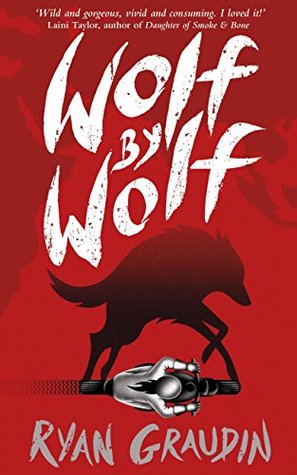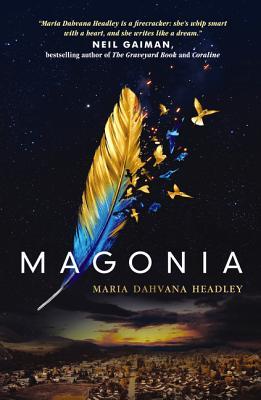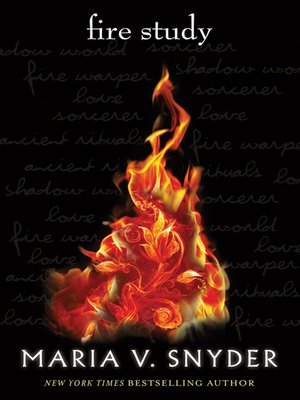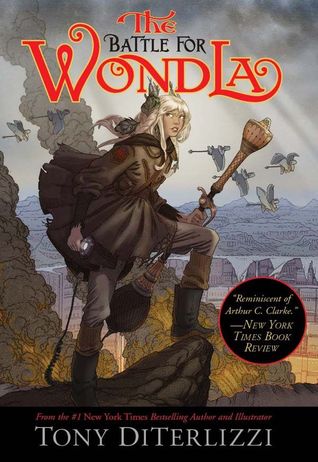
Book Title: Wolf by Wolf
Author: Ryan Graudin
Series: Wolf by Wolf #1
Series: Wolf by Wolf #1
Date Started: January 24th 2016
Date Completed: January 28th 2016
Genres: Historical, Adventure, Thriller
Quality Rating: Four Stars
Enjoyment Rating: Five Star
Quality Rating: Four Stars
Enjoyment Rating: Five Star
Final Rating: Five stars
Review:
◆ Thank you NetGalley for this eBook copy for review ◆
Image Source - https://www.goodreads.com/book/show/27433569-wolf-by-wolf
◆ Thank you NetGalley for this eBook copy for review ◆
Wolf by Wolf was time well spent when it came to both fun and quality, and actually quite an original idea. But, just like Graudin's The Walled City, there was just something missing for it to completely blow me away - but that alone isn't a good enough reason to deduct stars from such a good book.
This book reminded me how good Ryan Graudin actually is. It feels like she came out of nowhere last year, but actually she's really got a knack for stories, especially when it comes to the darker subjects and showing them appropriately. That word makes it seem almost boring, but I guess it's the way she never simplifies tough parts or patronises the reader, and she never makes you feel uncomfortable just to get across the point that it's a dark subject. She can create realism and a sense of real disgust or fear, but do justice to what the subject is (I'm generalising since the themes I've seen her tackle revery different between this book and The Walled City). And then at the same time, she can mash this all together with some more everyday themes to help the reader settle into the world, without making them feel stupid or out-of-place around the darkness.
In Wolf by Wolf, we're effectively exploring two different characters - one of which we only see through other people's eyes, and the other we gradually learn more and more about as we follow her in the present. From the perspective of structuring that's already really interesting, but when you see how this is built on by the other people and their relationship to the protagonist it adds to the engagement as well - not just cleverness, it actually makes the story more enjoyable, I promise. A huge thing with this book is that you're trying to work out what relationships Adele has with the people around her, and you're solving it right along with Yael who's taken her place without them knowing. The people themselves were interesting (if a little conventional), but seeing these really intimate partnerships through a stranger's eyes without really knowing how to react almost forces you into Yael's situation - you want to know what these relationships are, but neither of you are entirely sure. And we never get a definitive answer for a lot of them, which I also really liked (it felt like events just didn't turn in a direction where we'd find out, as opposed to being deliberately led away from the truth to make you come back for more books).
The orchestration of the ending was also really well done. Like I've mentioned, I wasn't blown away at any point in this book, but I was still so invested and engaged with what was going on. Throughout the whole thing you suspect that things are going to go in various directions, and even by the end you're right on the edge of your seat trying to guess ahead of the action - and the climax doesn't disappoint. It 'resolved' the plot of this book well enough (so it didn't seem pointless that we'd just read through 400 pages) but there are so many things left open to solve and explore.
While I'd like to say this is a character story, I think it's actually more about their relationships than them as individuals - so it obviously is quite dependant on the ensemble. Having said that, there were only really a few important recurring characters and I could see how they mirrored quite a few that have come before.
Yael/Adele (okay, it's definitely Yael, but part of me feels like so much of what happens is dependant on Adele's life that I might as well mention her name) was a great protagonist. Again, she didn't have the most unique backstory, but her actions in the book itself were good enough to win me over. She's exactly the kind of person you'd want to root for in a competition like the Axis Tour - though I have to say, I didn't see that much difference between her and Adele when it came down to it, and apparently everyone buys her character 'transformation' pretty quickly.
Que the male interest: Luka Löwe. There was a point near the beginning where I thought Luka was really bad news, and I got quite excited about potential conflict looming on the horizon. Turns out, he's actually a reasonably decent guy - which doesn't bother me too much considering Graudin could have gone down the path of 'tortured and attractive' lover. Thankfully he's more than that - not ground-breakingly different, but enough so.
Also que protective brother: Flex Wolfe. So maybe he's not the protective brother of the actual protagonist, but he's Adele's twin, so half there I guess. Again, different enough from the convention to be interesting enough as a character, but close enough to have to mention it. I really liked the relationship he had with 'Adele', and the fact he was more protective in the way that he wasn't going to give up trying to help her, as opposed to just punching anyone that came near her. He also had a genuine conflict with her, not just sibling bickering, but actual - sometimes quite bitter - arguments about what she was doing. Like I said, interesting enough, but bordering on cliche.
Graudin managed to avoid the episodic structure common in road trip stories (though labelling it that does narrow its full quality) and so the story flowed really nicely for me - even with regular flashbacks. Non-linear timelines with road trip genres tend to be a bit hard for me to read since they never quite settle: it always feels like we're stopping and starting and never actually seeing enough for the story from any angle. Wolf by Wolf thankfully doesn't have this problem since Graudin's mastered the gradual introduction of relevant exposition without distracting from the main story, only building on it from the past.
Though I enjoyed Graudin's last book, I was a little apprehensive at the idea of yet another WW2 story (if you can call this that) with slightly far-fetched science fiction elements; but Wolf by Wolf brought something new and engaging to the table for me and blended far more themes than just the historical ones. I'm really looking forward to where this series is going, and I'm going to have high hopes when the sequel comes out.
Image Source - https://www.goodreads.com/book/show/27433569-wolf-by-wolf



